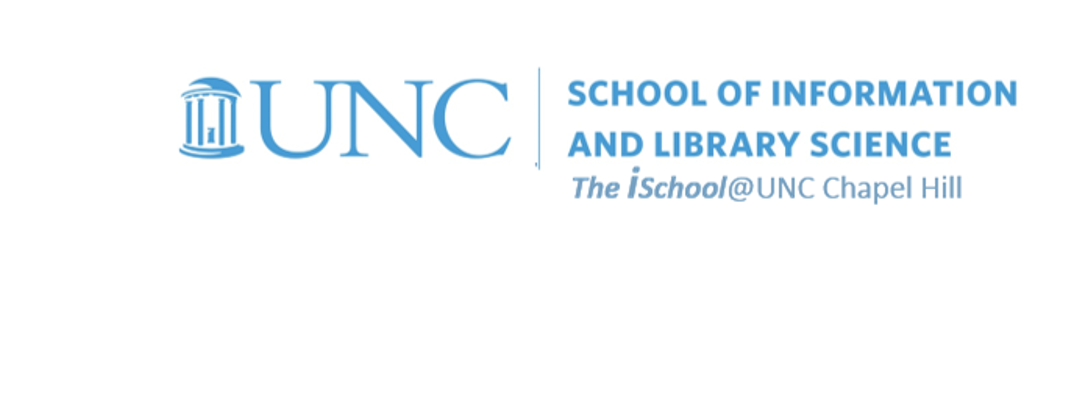
This work
is licensed under a
Creative Commons Attribution-NonCommercial-ShareAlike 3.0 Unported License.
home & schedule | class blog | syllabus | contact | grades
INLS161-001 Fall 2018
What is INLS161-001 all about?
A: This is an information tools class, and is part of an information literacy curriculum.
According to the American Library Association,
Information Literacy
... is related to information technology skills, but has broader implications for the individual, the educational system, and for society. Information technology skills enable an individual to use computers, software applications, databases, and other technologies to achieve a wide variety of academic, work-related, and personal goals. Information literate individuals necessarily develop some technology skills ...
Increasingly, information technology skills are interwoven with, and support, information literacy.
A full information literacy curriculum would include:
- Tool literacy - The ability to use print and electronic resources including software
- Resource literacy - The ability to understand the form, format, location and access methods of information resources
- Social-structural literacy - Knowledge of how information is socially situated and produced. It includes understanding the scholarly publishing process
- Research literacy - The ability to understand and use information technology tools to carry our research including discipline-related software
- Publishing literacy - The ability to produce a text or multimedia report of the results of research
back to top
In SILS,
INLS161-001 will focus on concepts and the tools needed to communicate your information to users.
We will begin with the building blocks of the Internet and the World Wide Web, to be certain we understand what the basic tools are doing for us. This will allow us to know how to create well-formed materials to be used on the Web.
We will also introduce concepts and practice skills germane to effective use of the power built into word processing, spreadsheet, relational database management, and presentation graphics software. Although we may use either the current LibreOffice, Microsoft Office or Open Office suites of applications for many tasks, the basic concepts should provide you with skills that will enable you to be comfortable with other similar packages.
back to top
Some of our goals for the semester include:
① Ability to use the Internet effectively
- become familiar with the Internet and its basic tools
- be able to use some basic command-line instructions (using either UNIX or LINUX, or both) and to understand the File Transfer Protocol
- become conversant with Open Source - some of its applications, its promise and its limitations
② Ability to create useful Web content
- understand the basic tools underlying the web
- be able to create web pages by using basic HTML, basic CSS, and basic server-side and client-side scripting
③ Ability to effectively format written documents
- understand the underlying power of markup languages in document creation software programs
- be able to format documents for publication
④ Ability to effectively use spreadsheets
- understand the vector power of functions in spreadsheet applications
- be able to format spreadsheets for professional usages
⑤ Learn the basics of relational databases by using a common relational database management system
- understand the power of related tables and the way to create new datasets through queries
- be able to work with MSAccess on a fundamental level
⑥ Ability to design and produce effective visual presentations
- understand the power of visual language and design
- be able to design and deliver effective audio/visual presentations
back to top
All work done in INLS161-001 will be done on computers ...
either on your personal laptop or on the desktop units in the SILS lab. There will be no paper products generated in this class and there is no printing requirement. You will be well served to bring your laptops with you to class every day.
back to top
One limitation
No one is permitted to record any of the class sessions, either with video or audio recorders, unless you first discuss it with the instructor and receive written permission to do so.
back to top
Thanks ...
to Jessica Bodford, Kristin Chaffin, Serena Fenton, Michael Homesley, John Martin, Dr. Lokman Meho, Dr. Xi Niu, Bob Sumner, Dr. Rong Tang, David West, Emily Yarbro, and to all the previous instructors and students of the course. This course is built on all their contributions.
PDF version of the syllabus
back to top
about INLS161-001 | readings | lectures | lab info | evaluation | grading | Honor Code | diversity
